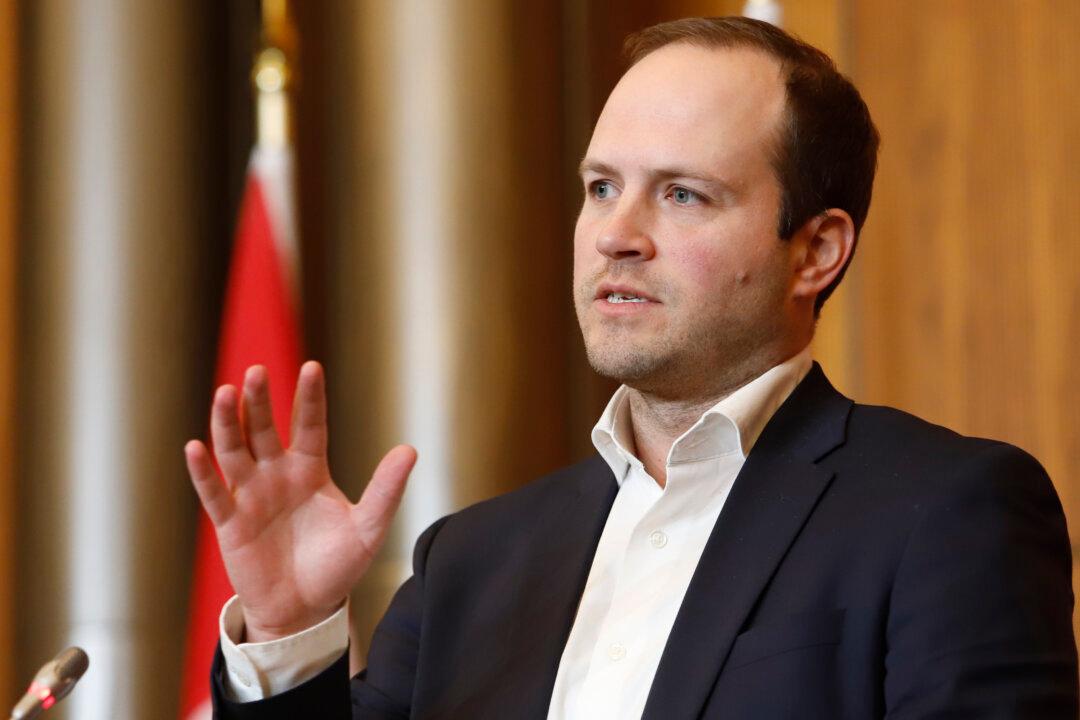A private member’s bill that calls for the federal government to appoint a committee to self-review its own pandemic response, was sent to second reading on Feb. 8 by a House of Commons vote.
The majority of Liberal, NDP, and Green MPs voted for the bill, while most Conservative and Bloc MPs voted against it, for a final count of 176 to 142.





